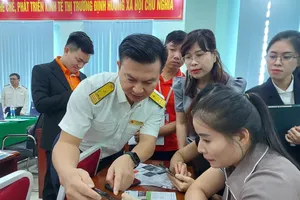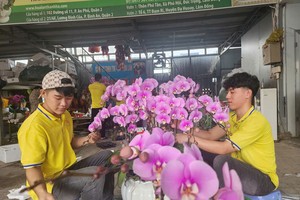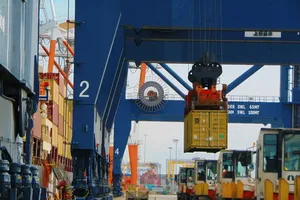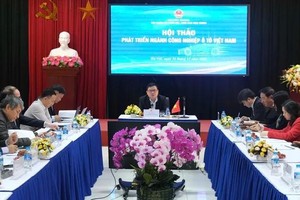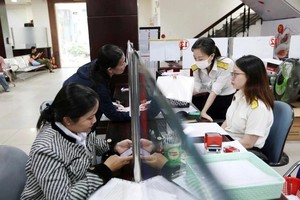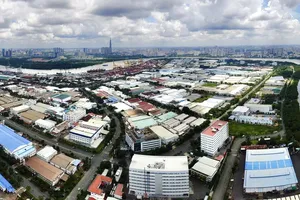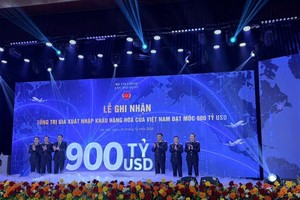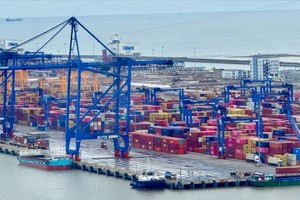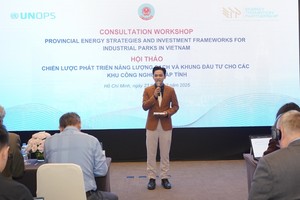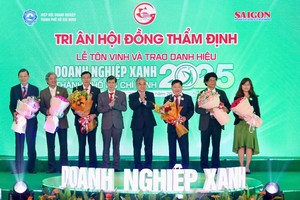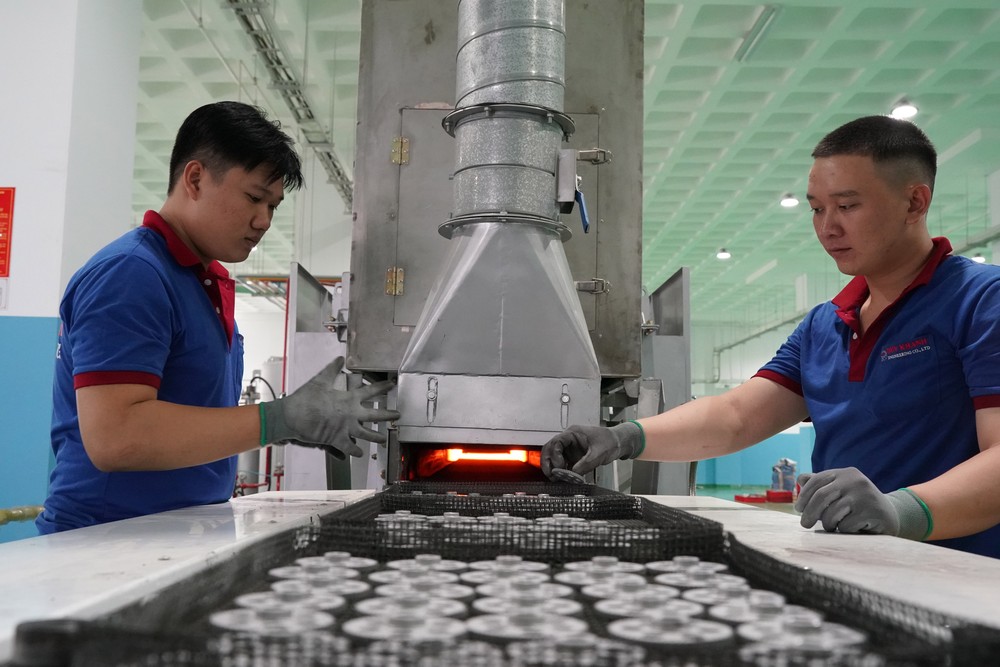
The southern largest city, recognized as Vietnam's economic hub, aims to enhance industrial output, refine the investment climate, and assist enterprises in navigating challenges, particularly amid global economic uncertainties in 2025 by adopting strategies to foster industrial expansion, with a focus on achieving stable and sustainable development.
HCMC is facing the risk of decline
Ho Chi Minh City's industrial sector witnessed a surge in growth in 2024, with the industrial production index (IIP) projected to climb by 7.3 percent compared to the previous year. This impressive expansion was fueled by robust performances across various sectors, including a remarkable 28.5 percent surge in mining, an 11.2 percent boost in electricity production and distribution, and a steady 5.1 percent rise in processing and manufacturing.
Beyond its strong growth trajectory, the city's industry is also poised for a period of renewal, presenting opportunities for modernization and innovation.
The global trend indicates a significant investment focus on the Southeast Asian economies, said Tran Phi Long, Chairman of the Board of Members of Saigon Industry Corporation.
He added that this presents Vietnam with a unique opportunity to draw in more targeted investments aimed at enhancing national production capabilities. It also allows for the development of emerging sectors such as renewable energy, semiconductor manufacturing, high-tech industries, and the production of components and spare parts for industrial applications, electronics, and automotive sectors. These industries are essential for promoting socio-economic growth, advancing green economic initiatives, and fostering a sustainable economy.
However, some other industries are facing many risks of decline. In particular, the textile and footwear industries must compete with countries with low labor costs as well as more advanced production technology.
According to experts, the industrial sector serves as a cornerstone of the economy; however, the most lucrative segments are not dominated by Vietnamese companies. While Vietnam ranks among the leading countries globally in the export of phones, electronics, computers, and related equipment and spare parts, it is noteworthy that over 70 percent of the export revenue is generated by foreign enterprises.
Vietnamese enterprises contribute only a minor portion to the overall export turnover, primarily engaging in processing activities or supplying basic product categories, packaging, and components that offer low added value.
Ho Chi Minh City is implementing supportive policies, creating attractive environment for investors.
To facilitate the growth of the industry, Chairman Nguyen Ngoc Hoa of the Ho Chi Minh City Business Association emphasized the need for an implementation of preferential tax policies, lower loan interest rates, and enhanced trade promotion support. These measures are essential to provide favorable conditions for businesses, particularly small and medium enterprises.
In addition, the city is streamlining administrative procedures, management, and operations through ongoing review and adjustments.
It is essential to foster collaboration among the city government, universities, and businesses to develop skilled human resources for critical sectors such as information technology, electronics, and machinery manufacturing. Additionally, efforts should be made to attract foreign investors to guide local enterprises in exploring new domains and to gain international expertise in planning and policy development.
Being an economic expert, Associate Professor Pham Tien Dat of the University of Finance - Marketing said that it needs to be implemented soon key solutions to increase investment such as technical infrastructure, technological innovation, training high-quality human resources, increasing support for businesses.
In particular, Ho Chi Minh City focuses on building and upgrading industrial parks and export processing zones, especially prioritizing the development of high-tech zones. Completing transport infrastructure such as roads, seaports and airports also plays an important role, helping to connect production areas with consumer markets.
The city needs to enhance its assistance for businesses in adopting 4.0 technology in their production processes, as well as in increasing automation and digitalization. It is essential to implement policies that promote innovation and support research and development in a coordinated manner, thereby encouraging domestic companies to enhance their competitiveness.
Amid global economic challenges, it is essential for the city to implement many synchronous solutions, combining policy reforms, infrastructure investment and promoting innovation. With city authorities’ determination and clear direction, the city's industry is expected to continue to grow steadily, contributing positively to the city's economic development.
